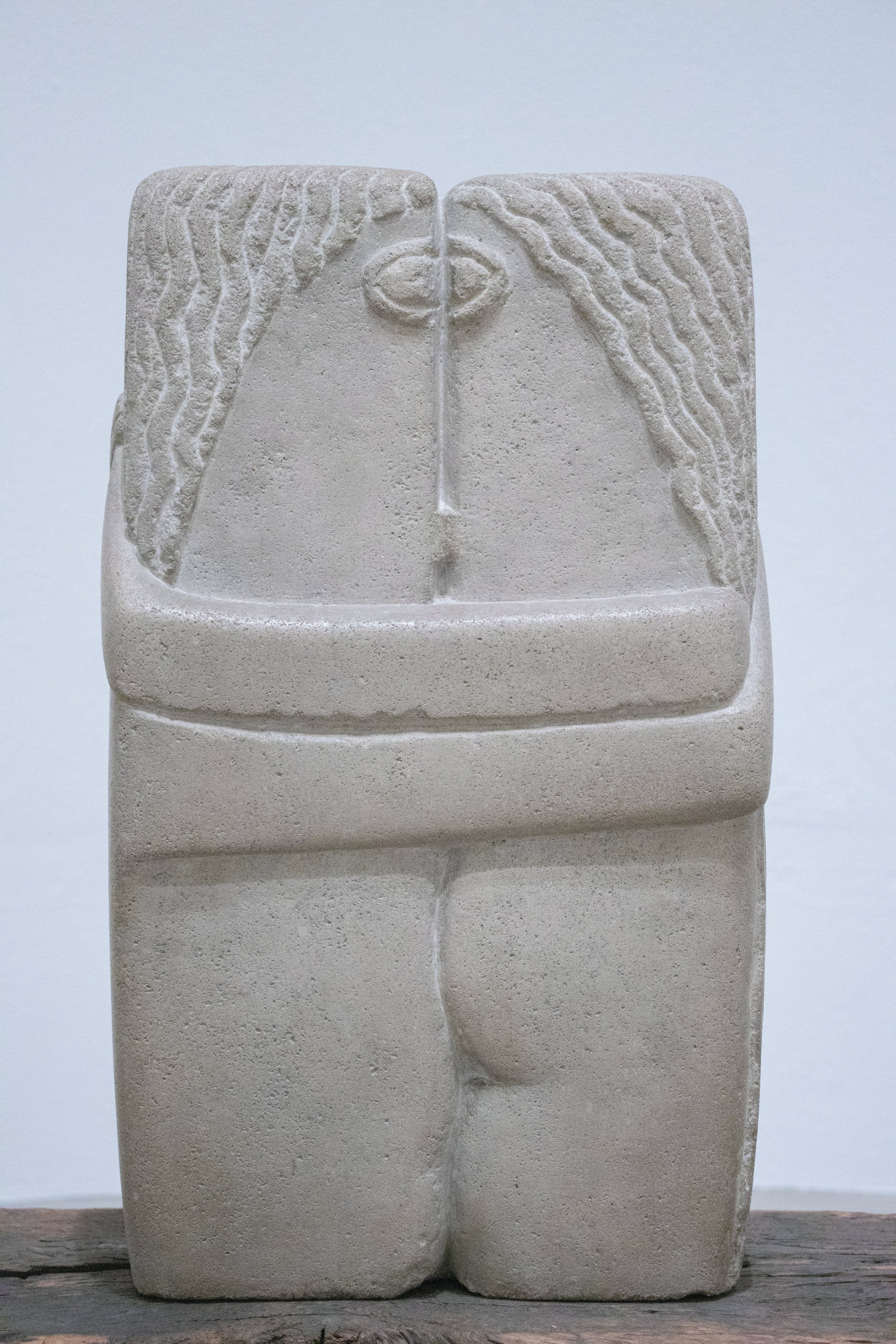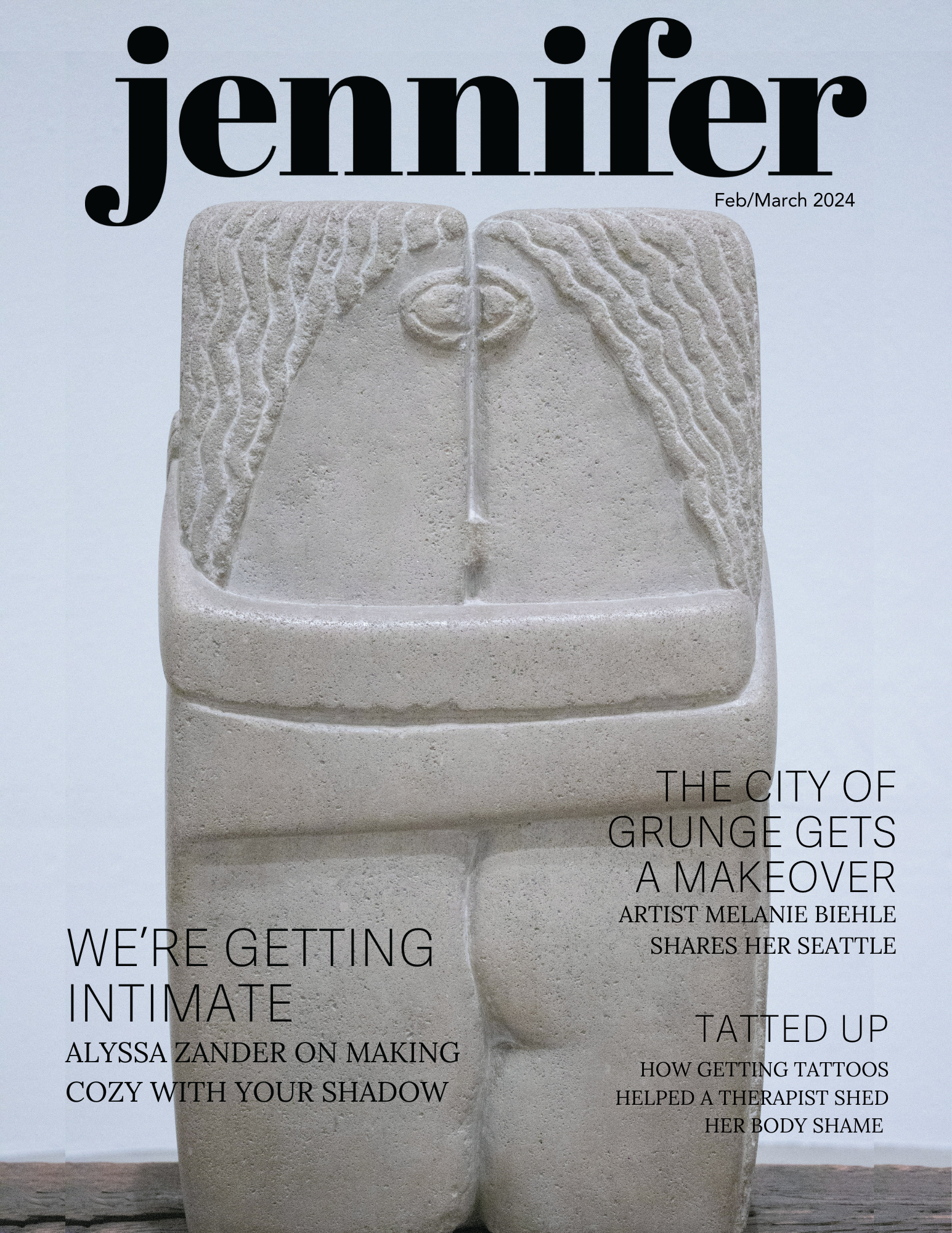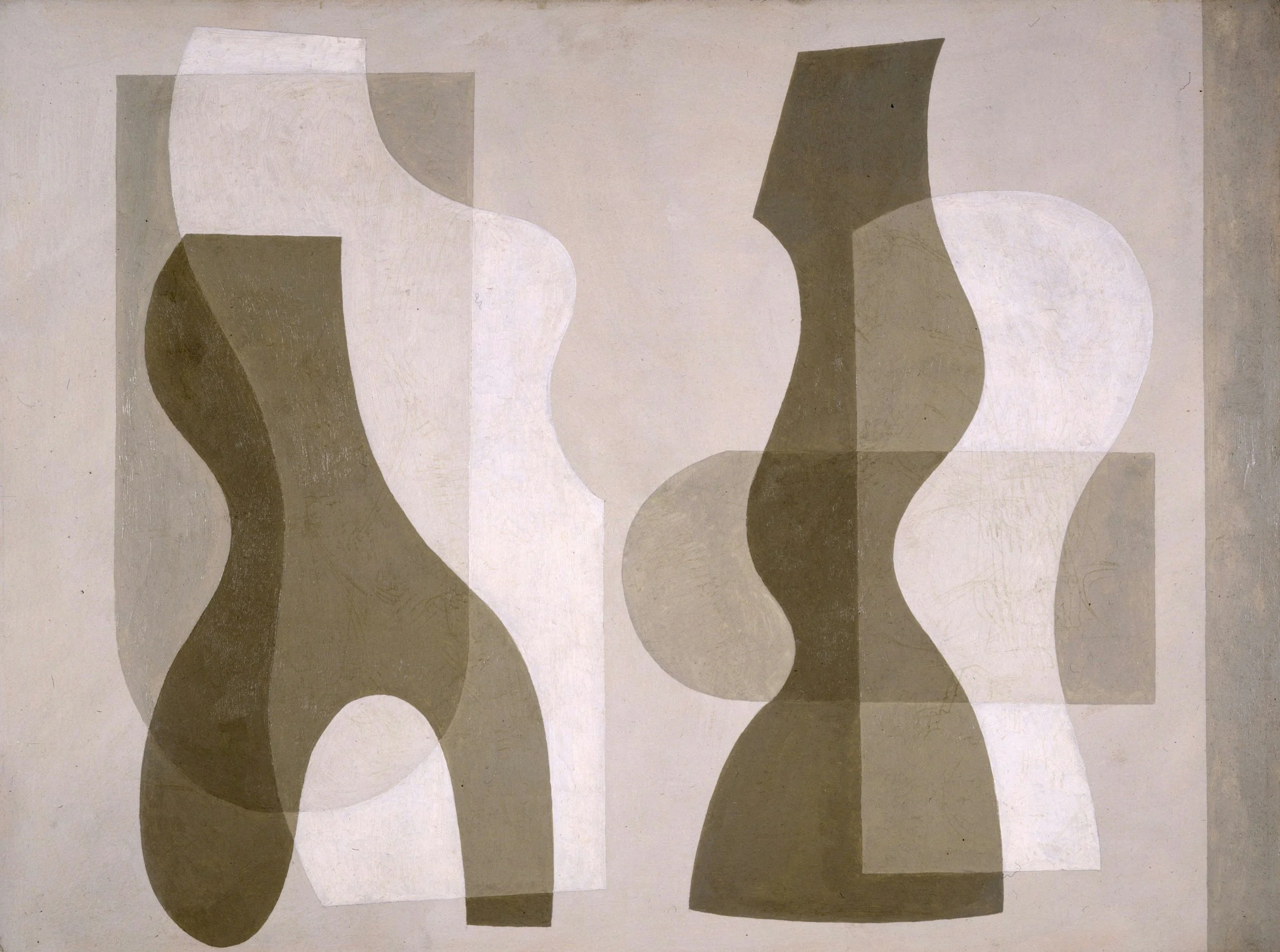Getting Intimate ...with your Shadow Self
When I think about the month of February I think about intimacy, and probably not in the way you might be thinking about intimacy when reading that word. Maybe it’s because February is commonly seen as the month of love, or maybe it’s because it’s my birthday month, but during this time every year I go really deep with myself because the deeper we see ourselves, the deeper we are able to see others.
Meeting my shadow self has helped me learn how to fully embrace all parts of myself, and this is unconditional self-love. To love the parts of myself that are uncomfortable to admit to is an act of activism, love, and peace. I want to share with you the questions that helped me find my shadow self, and the tools I use to help me bring deeper intimacy with it.
“The most terrifying thing is to accept oneself completely.” -Carl. G. Jung
See, what drew me to Jungian theory and shadow work was that it deeply aligned with my core beliefs and values of bringing our work inward. I had spent the majority of my life focusing outwardly and trying to get other people to see why they needed to care, heal, advocate, etc. It was my way of trying to control a world that felt out of control. It was also my way of avoiding the parts of myself I tried to keep hidden.
What is the shadow self?
Jung speaks about coming into wholeness: a state of completion of the human soul that comes from psychological awareness, self-knowledge, and self-acceptance.
Our shadow is the repressed aspect of our personality. It’s the part of us that our ego deems as unpleasant or unattractive. Shadow aspects of ourselves are usually unconscious (not known to you), until you bring them into consciousness. The more conscious we become of these parts the lest they run the show without our knowing.
The shadow aspects of myself are the parts of me that judge, compare, hate, and experience envy (to name a few). Perhaps they are the same for you too.
When I repress these parts of me, they only get louder and bigger. And they’d wind up running my emotions. I’d end up projecting onto the ones closest to me.
It led to continuously feeling alone, isolated, and depressed.
But, interestingly, when I began to fully embrace these parts of me and hold them with unconditional love, they softened. This freed up space to experience more peace and contentment in my life and relationships.
Meeting our shadow selves is an act of activism.
Bringing the unconscious aspects of ourselves forward and holding them with curiosity, compassion, and love lessens the projections that continue to oppress and keep our collective in separation. We are a microcosm of the macrocosm. When I feel pain, sadness, or anger with what I see around me I go within and ask: Where does this live within me?
I began to experience more confidence, peace, and love for not just myself but the world around me.
I had to learn how to fully embrace the parts of me that judged, blamed, or felt victimized by my circumstances. I had to learn how to take radical personal responsibility and see where my projections were really just a way for me to override meeting myself more deeply.
Curiosity is the key to building intimacy with your shadow
For me the most powerful tool in learning about my shadow self has been curiosity. Staying curious keeps your heart open, and can ease the ego (even if only just slightly). Here are some ways you can invite curiosity as a way to get to know, see, and understand your shadow.
Where You Can Find Your Shadow Self
Where are you blaming others? The tendency to blame others often resides in the shadow self because it allows us to avoid taking responsibility for our own actions and emotions. By projecting blame onto others, we protect ourselves from confronting uncomfortable truths about our own contributions to a situation.
Where are you judging others? Judging others can be a reflection of our own insecurities and unacknowledged shortcomings. The shadow self tends to project these internal struggles onto others, creating a false sense of superiority or control as a defense mechanism against facing our own perceived inadequacies.
What flaws do you point out in others? Pointing out flaws in others may be a way for the shadow self to divert attention away from its own perceived weaknesses. By hyper-focusing on the shortcomings of others, we avoid confronting and addressing our own vulnerabilities and areas for personal growth.
Where are you playing the victim? Playing the victim can be a manifestation of the shadow self seeking sympathy or external validation. This allows us to avoid taking agency over our lives and making necessary changes. The victim role becomes a shield against facing the discomfort of personal accountability and the empowerment that comes with it.
How to Build Intimacy with Your Shadow Self
Self-Reflection: Set aside time to bring curiosity to your thoughts, emotions, and behaviors. Consider situations that trigger strong reactions or emotions within you. Ask yourself why certain aspects of your personality might make you uncomfortable or evoke a strong response. This process of self-awareness will support you in identifying potential elements of your shadow self.
Journal: Write about your experiences and any recurring patterns that you notice in your thoughts and behaviors. This will help you uncover patterns and themes of your shadow self. Try to be as honest and open in your writing as possible, allowing your thoughts and feelings to flow without judgment.
Embrace & Integrate: Once you've identified aspects of your shadow self, approach them with acceptance and compassion by asking: What does this part of me need, from me? Instead of suppressing or rejecting these aspects, try to integrate them into your conscious awareness. This doesn't mean approving of negative behaviors, but rather acknowledging and understanding the underlying emotions and motivations.
Remember that your shadow self holds wisdom and insights for your personal growth. Embracing these aspects allows you to remember your wholeness and authenticity.
We cannot change anything until we accept it. Condemnation does not liberate, it oppresses. - Carl G. Jung













